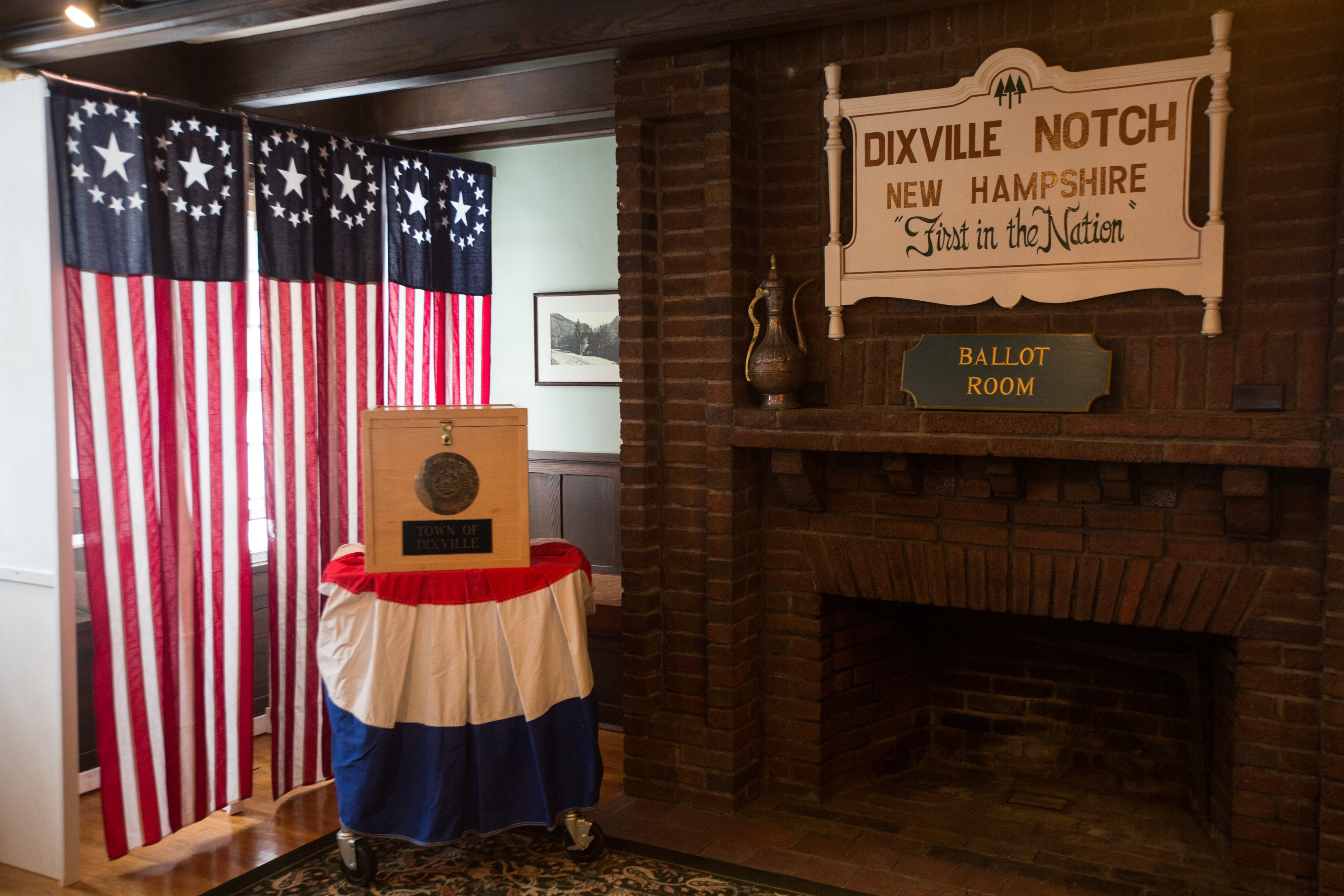New Hampshire's top law enforcement official is warning residents to ignore a phone call being sent in the state Sunday in which a recording that sounds like — but is not — President Joe Biden urges supporters not to vote in Tuesday’s presidential primary.
"These messages appear to be an unlawful attempt to disrupt the New Hampshire Presidential Primary Election and to suppress New Hampshire voters," a release from the office of New Hampshire Attorney General John Formella said Monday morning. "New Hampshire voters should disregard the content of this message entirely."
They added that, despite the message saying, "your vote makes a difference in November, not this Tuesday," voters are able to vote in both the primary and general elections.
Get Boston local news, weather forecasts, lifestyle and entertainment stories to your inbox. Sign up for NBC Boston’s newsletters.
Republican Gov. Chris Sununu called the robocall an illegal act of voter suppression and said Attorney General John Formella had launched an investigation.
Anyone who received the message was asked to email the Department of Justice Election Law Unit at electionlaw@doj.nh.gov sharing when they received the call or message, where it came from, what it said and any other information that may be relevant.
Watch NBC10 Boston's live Super Tuesday coverage wherever you are.
NBC10 Boston asked New Hampshire Secretary of State David Scanlan, who administers elections in the Granite State, about the message, and he said he was aware both about the messages and the investigation into them.
The presence of the apparent deepfake — media created through machine learning that convincingly imitates a real person — "reinforces kind of a national concern that has been out there about the effect of artificial intelligence and how it might impact elections and campaigns in negative ways," Scanlan said.
He also noted that, as deepfake technology is brand new, part of the response to it will have to be voters doing diligence on what they see and hear.
"This is a new area in elections and so we're going to have to study it and figure it out, but there needs to be a quick response to misinformation and disinformation that's out there. And the voters have to take some responsibility, too, in understanding the facts and not believing everything they see, because something like this fake news can come by and just throw people off," Scanlan said.
The fake message claims, falsely, that "voting this Tuesday only enables the republicans in their quest to elect Donald Trump again. Your vote makes a difference in November, not this Tuesday." It also gives the phone number of a former New Hampshire Democratic party chairwoman who is now running a super PAC for the campaign to write in Biden's name on the New Hampshire primary ballot — his name isn't appearing on it because the state didn't move New Hampshire's traditionally first-in-the-nation primary back to February and let South Carolina go first, as the party voted to do.
It will be hard to track down the person behind the deepfake message, according to Boston University disinformation researcher Joan Donovan.
"The technology is actually relatively free at this point. There are about a dozen companies offering celebrity voices," she said.
There are no regulations around artificial intelligence-generated deepfakes, and Donovan said that people maintain a healthy dose of skepticism when looking at political media.
"Unfortunately, it's going to take a massive effort on behalf of the rest of society to undo the bad acts of just a few people," she said.
Biden campaign manager Julie Chavez Rodriguez told NBC News her team was discussing any additional actions that it might take beyond the state investigation, adding in a statement, "Spreading disinformation to suppress voting and deliberately undermine free and fair elections will not stand, and fighting back against any attempt to undermine our democracy will continue to be a top priority for this campaign."




